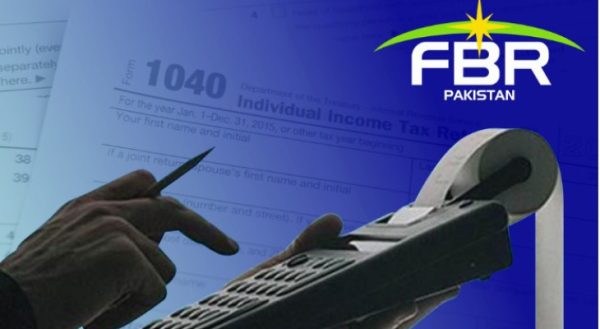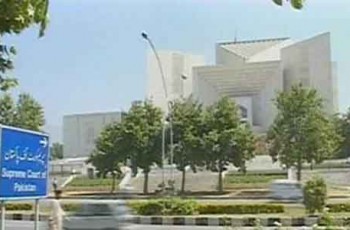
The FBR has announced disconnecting the electricity and gas connections of non-filers while also blocking their mobile SIM cards. This initiative is part of the FBR’s strategy to ensure tax compliance and revenue collection.
The Push for 2 Million New Taxpayers
To fulfill its commitments to the Special Investment Facilitation Council (SIFC) and the IMF, Pakistan aims to add 2 million new taxpayers by June 2024. This is part of a broader effort to strengthen the Federal Board of Revenue (FBR) and boost revenue collection.
Establishment of District Tax Offices
The government has approved the creation of 145 District Tax Offices dedicated to expanding the taxpayer base. These offices will focus on bringing in 1.5 to 2 million new taxpayers.
These new tax offices will be able to enforce tax compliance among non-filers and stop-filers.
Coercive Measures and Section 114B
The FBR has been granted extensive powers to encourage tax compliance, including invoking Section 114B of the Income Tax Ordinance 2001.
This section allows the FBR to disconnect utility connections (electricity and gas) and block mobile SIM cards of individuals who fail to file tax returns in response to notices issued by the tax authorities.
Challenges and Targets
Despite the ambitious goal, the FBR faces significant challenges. By the end of October, it had received less than 3 million tax returns, well below the target of 6.5 million by June next year. The FBR must add approximately 437,000 new taxpayers monthly to achieve this goal.
Focus on Broadening the Tax Base
The FBR’s efforts to broaden the tax base will involve obtaining and utilizing third-party data from various government departments and agencies. This data will help identify potential taxpayers who have thus far avoided the taxation system.
Pakistan’s push to expand its tax base is critical in strengthening its fiscal position and meeting international commitments. Establishing district tax offices with enhanced powers and using coercive measures reflect the government’s determination to bring more individuals into the tax net.
The success of this initiative will not only improve Pakistan’s revenue collection and contribute to its fiscal sustainability.


